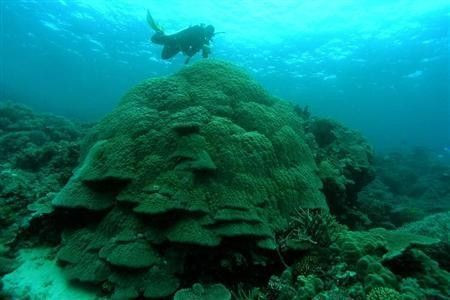Australia’s Scientific Investments At 30-Year Decline, Country Risks Falling Behind Future Technology

Australia's investment in science has declined to a 30-year low. According to reports, the country's research and development investment at 2 percent is falling behind other investments like 23.5 percent in transport, 8.8 percent in public safety, 6.6 percent in housing and 5.5 percent in health. Australia's expenditure on science and innovation has fallen to its lowest GDP share in 25 years.
A Parliamentary Library analysis provided to the Australian Greens showed an expenditure of 0.56 percent of GDP which is the lowest the country has spent since 1989-90. Andrew Holmes, president of Australian Academy of Science, said there was "substantial evidence" to prove public investment caused an increase in productivity.
In a report by the Sydney Morning Herald, a 2012 study had found investment basic research had resulted in 30 times more economic growth than infrastructure investments. The same study revealed investments in applied research led to more growth ten-fold.
Holmes said Australia had been "lucky" but whatever luck Australia had may soon run out because of a slowdown in mining boom and an economy still in transition. He warned that if the Australian government cannot invest strategically in science and research, the country may not be fully-prepared to address future challenges. Other nations may be well-ahead of Australia in the future as they reap the rewards of their investments in science.
Jim Minifie, an economist and program director of productivity growth at the Grattan Institute, said Australia should be worried about the declining scientific investments. He declared it is innovation that leads to improvements in living standards.
Australia's chief scientist, Professor Ian Chubb, has called on the government and businesses to invest more in scientific research to stay ahead of international competitors. The country's agricultural productivity will begin to lose productivity if R&D projects are ignored.
Based on OECD's data on science expenditure, Australia ranked low among the OECD nations, beating only Greece and Slovakia. The Greens, together with the Academy and the chief scientist, have urged the Australian government to lift both public and private R&D expenditure to 3 percent of GDP in line with other countries like the United States and Japan.





















